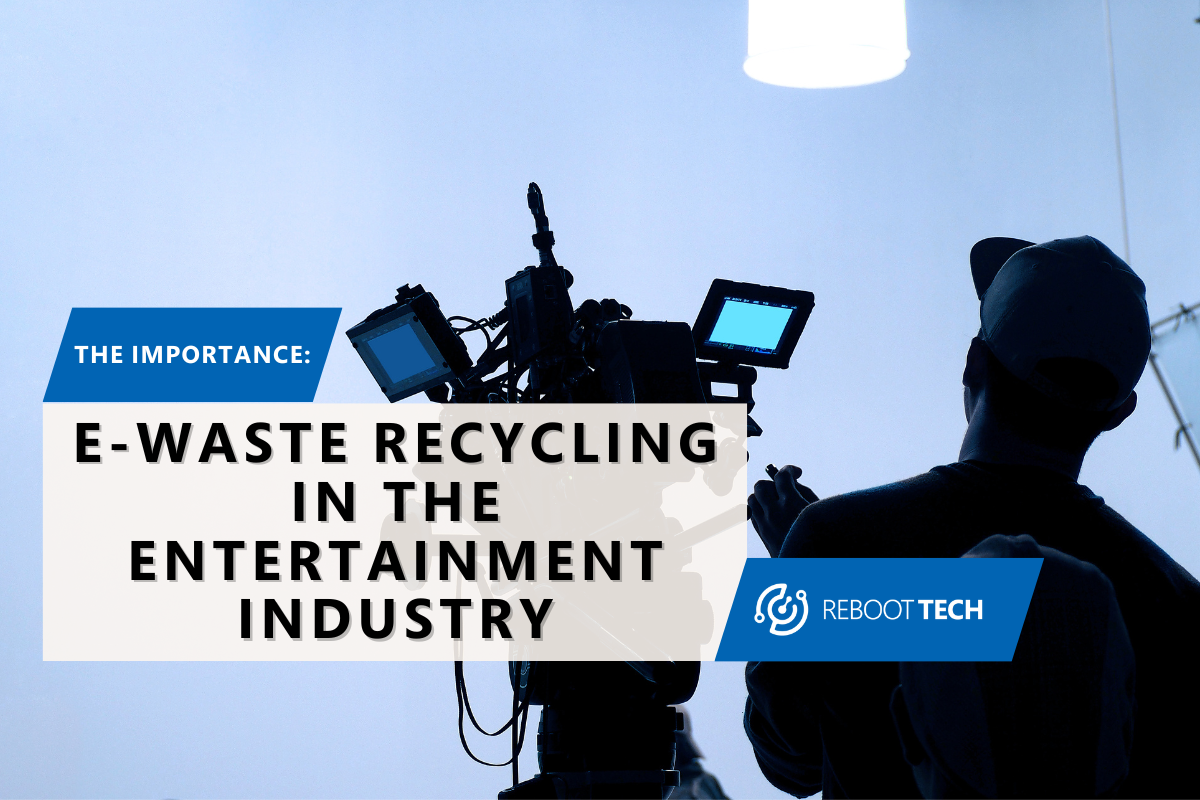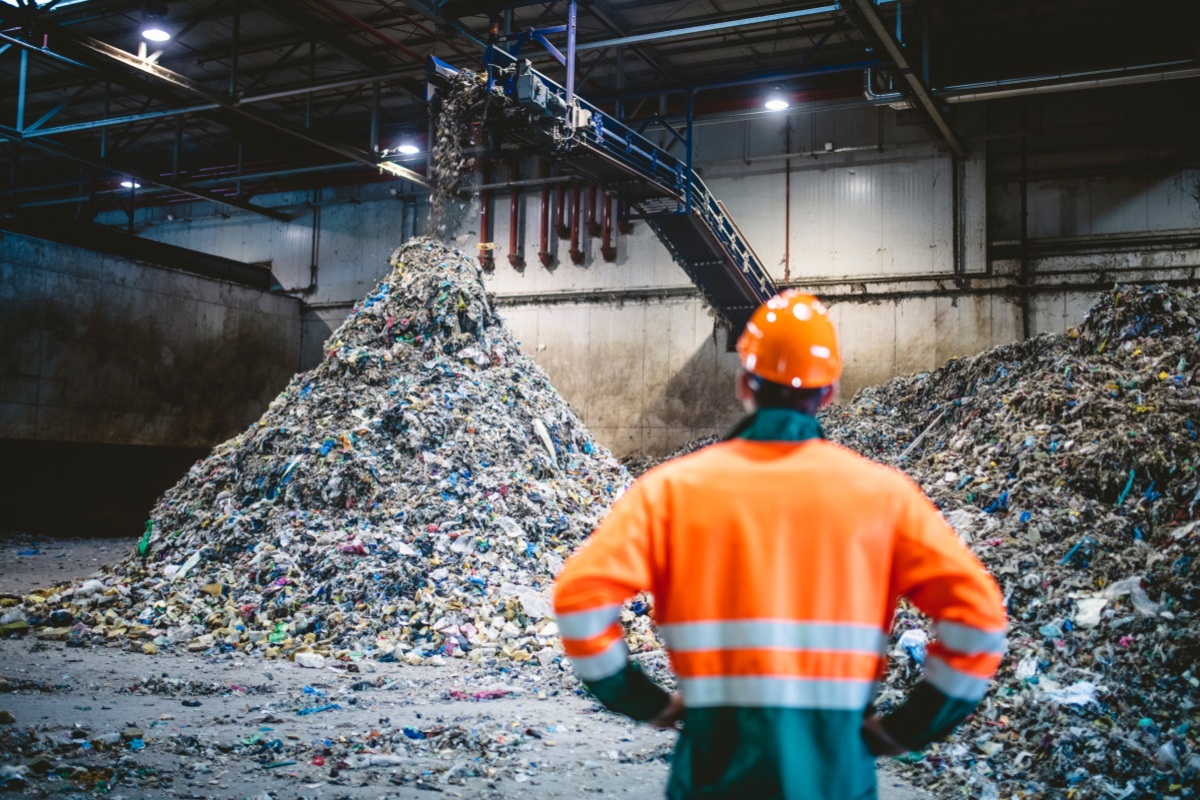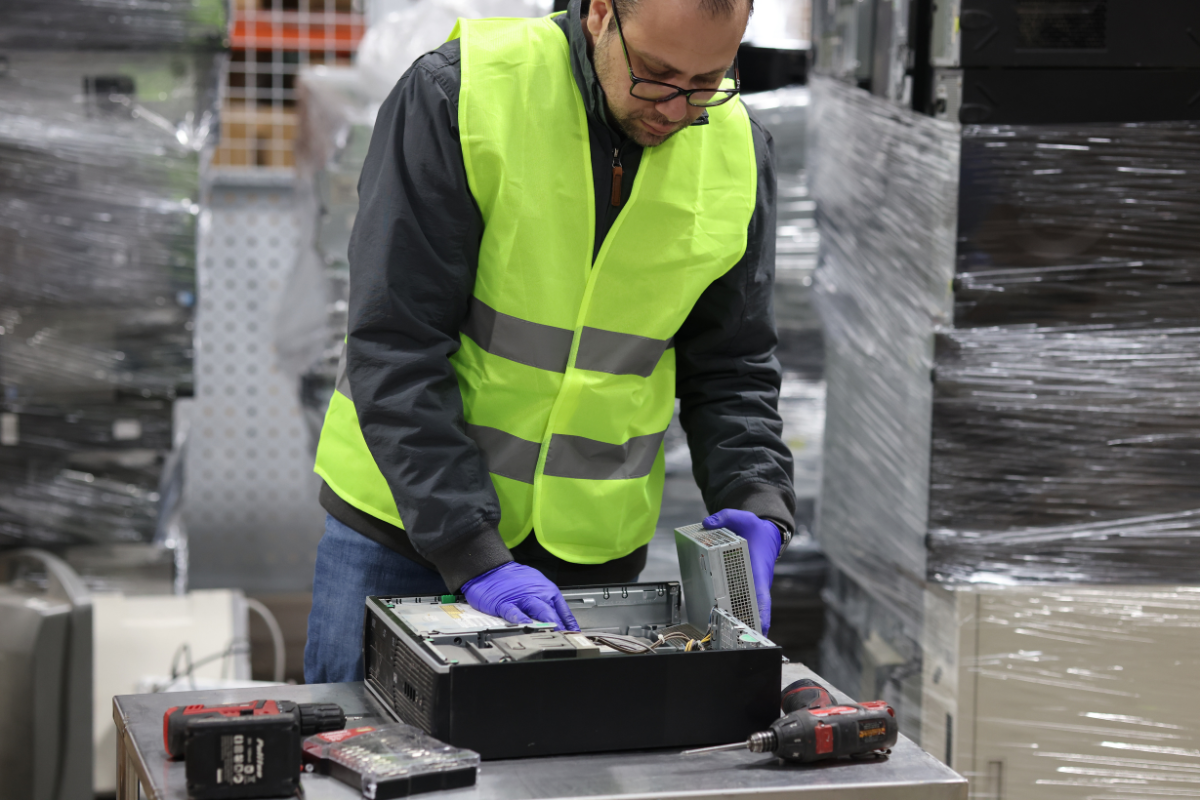
Electronic Recycling in Entertainment
Picture this: You’re at a massive concert, surrounded by dazzling lights, high-definition screens, and booming sound systems. Or maybe you’re at home, eagerly unboxing the latest gaming console. What happens to all the electronic equipment when it’s no longer the latest and greatest?
The entertainment industry, known for its rapid technological advancements, faces a significant challenge with electronic waste (e-waste). This hidden issue affects us all, from large production companies to individual consumers. In this blog, we’ll explore the scope of e-waste in entertainment, its environmental impacts, and actionable steps to recycle responsibly.
The Scope of E-Waste in Entertainment
The entertainment industry encompasses a wide range of sectors, including film, music, gaming, and live events. Each of these areas relies heavily on electronic products, which are frequently updated or replaced. The result? A staggering amount of e-waste.
Film and Television
In the film industry, the shift from analog to digital has transformed production and distribution. High-definition cameras, editing systems, and digital projectors are now standard. However, these advancements also lead to the obsolescence of older equipment. For instance, film stock, traditional cameras, and projectors must be discarded safely due to their hazardous substances.

Music and Live Events
Concerts and live events are spectacular displays of technology, featuring sophisticated lighting, sound systems, and video equipment. Each event demands state-of-the-art gear, which, once outdated, contributes to the e-waste problem. Music studios also upgrade their recording equipment regularly, adding to the growing pile of electronic waste.
Gaming Industry
The gaming industry is another major contributor to e-waste. With new consoles, computers, and accessories being released frequently, older models are quickly rendered obsolete. Additionally, gaming arcades and VR centers often replace their machines to keep up with the latest trends, leading to significant e-waste, including circuit boards and other electronic components.
The Environmental Impact of E-Waste
Electronic waste poses a severe environmental threat due to its toxic substances, including lead, mercury, and cadmium. When improperly disposed of, these substances can leach into the soil and water, causing widespread contamination. The entertainment industry’s reliance on electronic devices exacerbates this issue, making effective e-waste recycling essential.

Health Hazards
Exposure to toxic materials from e-waste can lead to serious health issues. Workers in informal electronic waste recycling facilities, often in developing countries, are particularly at risk, as they often handle hazardous materials without adequate protection. This exposure can cause neurological damage, respiratory problems, and other long-term health effects.
Resource Depletion
E-waste contains precious metals such as gold, silver, and platinum. When these devices are discarded rather than recycled, the opportunity to recover these valuable raw materials is lost. Recycling e-waste helps conserve natural resources and reduces the need for environmentally damaging mining activities.
Effective E-Waste Recycling Solutions
To address the e-waste challenge, entertainment companies and consumers must adopt responsible waste management and recycling practices. Here are some effective strategies:
Collaborating with Specialized Recyclers
Entertainment companies can partner with e-waste recycling firms like Reboot Tech, which specializes in safely disposing of electronic equipment. These companies ensure that hazardous substances are handled correctly and valuable resources are recovered.
Implementing E-Waste Policies
Establishing clear policies for e-waste management is crucial. Companies should have protocols for the disposal and recycling of outdated equipment. This includes training employees on proper e-waste handling and setting up designated collection and recycling points within their facilities.

Promoting Eco-Friendly Practices
Switching to energy-efficient electronics and using devices with longer lifespans can significantly reduce e-waste. Companies can also invest in repair and refurbishment programs to extend the life of their equipment, contributing to a circular economy.
Encouraging Consumer Participation
Consumers play a vital role in e-waste management. By choosing to recycle old devices rather than discard them, individuals can help mitigate the environmental impact. Retailers and manufacturers can support this effort by offering take-back programs and providing information on local recycling options.
The Role of Legislation and Regulation
Government regulations play a crucial role in promoting e-waste recycling. Policies such as extended producer responsibility (EPR) require manufacturers to take back and recycle their products at the end of their life cycle. This encourages companies to design products that are easier to recycle and reduces the environmental impact of e-waste.
International Standards
Adhering to international standards for e-waste management ensures that recycling practices are environmentally sound and socially responsible. Certifications such as the Responsible Recycling (R2) standard and the e-Stewards certification help companies choose reliable recycling partners.
The Future of E-Waste Recycling in Entertainment
As technology continues to evolve, the entertainment industry must stay ahead of the e-waste challenge. Innovations in recycling technology, such as advanced sorting systems and chemical-free recycling processes, offer promising solutions. Additionally, increasing consumer awareness and participation in e-waste recycling can drive positive change.

Innovations in Recycling Technology
Emerging technologies like robotic disassembly and AI-powered sorting systems can improve the efficiency and effectiveness of e-waste recycling. These innovations help recover more valuable materials and reduce the environmental impact of recycling processes.
Consumer Awareness Campaigns
Educational campaigns that highlight the importance of e-waste recycling can encourage more consumers to participate. By showcasing the environmental and health benefits of recycling, these campaigns can drive a cultural shift towards more sustainable practices.
Taking Action for a Sustainable Future
The entertainment industry, with its rapid technological advancements, faces a significant e-waste challenge. However, by adopting responsible recycling practices and collaborating with specialized recyclers like Reboot Tech, companies and consumers can make a substantial difference. Whether you’re a major production company or an avid gamer, your actions matter. By prioritizing e-waste recycling, we can protect our environment, conserve valuable resources, and create a more sustainable future for the entertainment industry.
Remember, every device recycled is a step towards a cleaner, greener world. Let’s make responsible e-waste management a part of our entertainment experience.
By engaging with the issue of e-waste recycling in the entertainment industry, we can all contribute to a more sustainable future. Whether you’re a filmmaker, musician, gamer, or just an entertainment enthusiast, your actions can make a difference. Together, we can ensure that our entertainment choices don’t come at the cost of our planet’s health.
By effectively managing and recycling e-waste, we can reduce the environmental impact of toxic materials and promote a circular economy. The United Nations and the Environmental Protection Agency emphasize the importance of increasing recycling rates globally. Let’s work together to address the e-waste problem and create a sustainable future for the entertainment industry and beyond.






